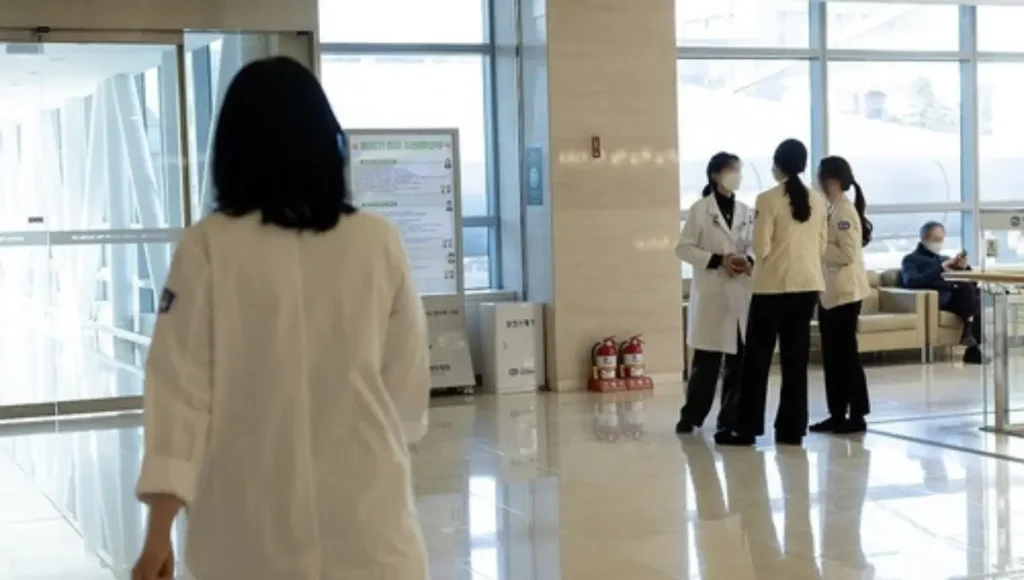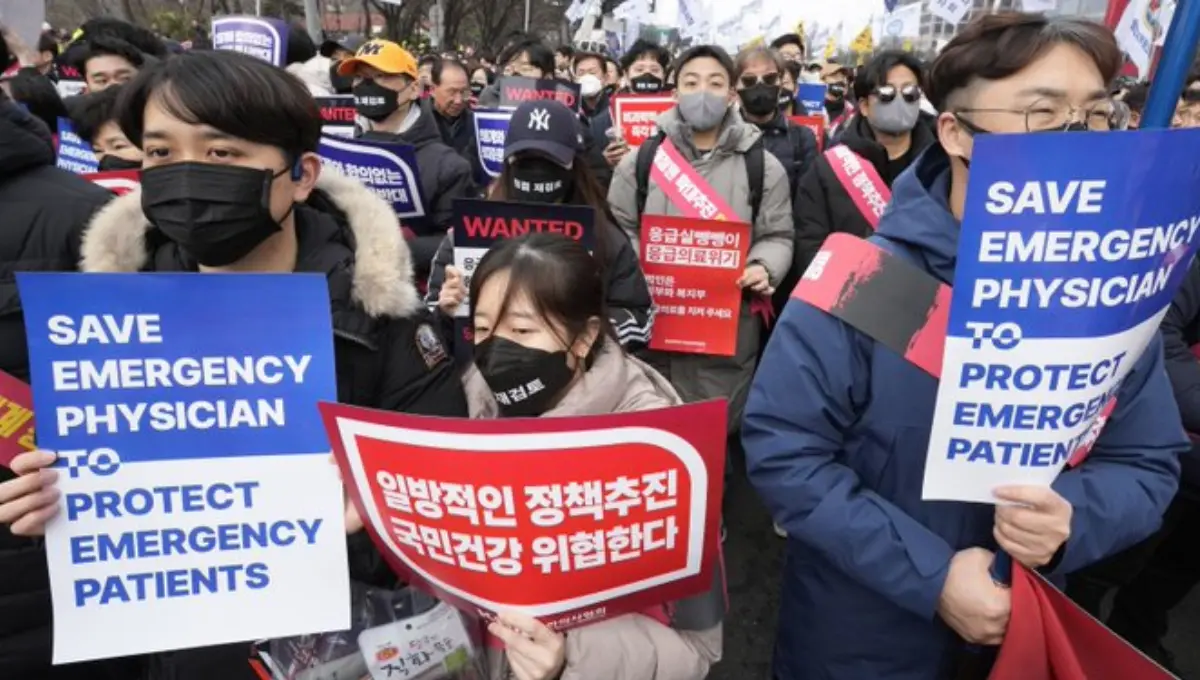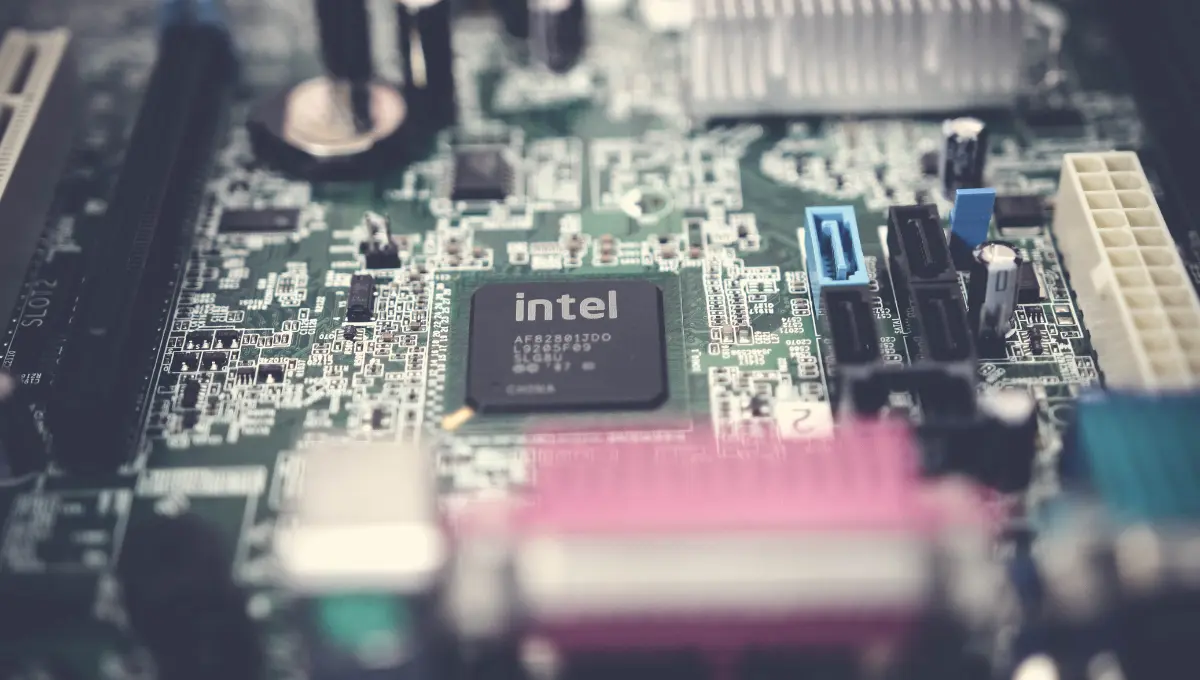Seoul, March 10 (IANS) South Korean Health Minister Cho-Kyoo-hong announced on Sunday the government’s commitment to accelerate the expansion of medical student enrollment. He also issued warnings to trainee doctors who attacked colleagues returning to the medical field, emphasizing the unacceptable nature of such actions during a government response meeting, as reported by Yonhap news agency. “It is completely unacceptable to attack people who are working day and night in the field and coerce them to participate in the collective action,” Cho Kyoo-hong stated.

Recent allegations suggest that certain trainee doctors have revealed the names and personal details of non-participating colleagues, subjecting them to cyberbullying and verbal harassment upon their return to work. Concurrently, Cho Kyoo-hong emphasized the government’s readiness to engage in dialogue with the medical community to address this challenging issue.
A mass walkout by approximately 12,000 trainee doctors reached its 20th day on Sunday, leading to significant disruptions in healthcare services throughout South Korea. In response to the shortage of medical staff, the government has implemented emergency policies. Over 90% of the 13,000 medical interns and residents have abstained from work for nearly three weeks, protesting the government’s decision to increase medical school enrollment by 2,000 next year through mass resignations.
In response, health authorities initiated a pilot program in late last month, allowing nurses to assume certain responsibilities typically held by doctors in a limited capacity. Additionally, military hospital emergency units have been made accessible to the public. Furthermore, the government revealed plans to deploy military and public doctors to private hospitals across the country for the next four weeks, starting from Monday.
“We will conduct a comprehensive investigation and implement stringent measures.”
Simultaneously, the government declared its intention to expedite the expansion of medical student enrollment, issuing warnings to trainee doctors who assaulted colleagues rejoining the medical field.
Addressing a government response meeting, Cho Kyoo-hong stated, “It is completely unacceptable to attack people who are working day and night in the field and coerce them to participate in the collective action.” He added, “We will thoroughly investigate it and take strict action.
Recent allegations reveal that certain trainee doctors have divulged the names and personal details of non-participating colleagues, engaging in cyberbullying and subjecting them to verbal harassment upon their return to the workplace.
Simultaneously, Cho emphasized the government’s readiness to engage in dialogue with the medical community to address this challenging issue. The government has already taken measures to suspend the medical licenses of striking trainee doctors, urging them to resume their duties.
Recent allegations reveal that certain trainee doctors have divulged the names and personal details of non-participating colleagues, engaging in cyberbullying and subjecting them to verbal harassment upon their return to the workplace.
Read also: US, Germany, EU Embassies Evacuate as Haiti Violence Escalates
Simultaneously, Cho emphasized the government’s readiness to engage in dialogue with the medical community to address this challenging issue. The government has already taken measures to suspend the medical licenses of striking trainee doctors, urging them to resume their duties.
Trainee doctors have the option to file administrative complaints against the government if their licenses are suspended.
The government’s strong stance in penalizing striking trainee doctors appears to have spurred certain professors at medical schools to resign from their positions and join the collective action led by younger doctors.
In protest against their universities’ acceptance of the government’s plan to increase medical school enrollment, some professors have already submitted their resignations.
A gathering of medical professors convened on Saturday to explore solutions to the ongoing impasse but did not achieve a consensus.
The collective protest by trainee doctors, crucial for supporting senior doctors during surgeries and managing inpatients while undergoing training at major general hospitals, has led to extensive cancellations and delays in surgeries and emergency medical treatments at general hospitals across the nation.
Critics assert that the protesting doctors are against the government’s plan because they fear that an increase in the number of doctors would intensify competition and lead to lower incomes.
The Korean Medical Association (KMA), the largest advocacy group for doctors in the country, contends that the government’s proposal fails to address fundamental issues in the medical system. These issues include shortages of doctors in lower-paying fields and a high concentration of doctors in urban areas.


